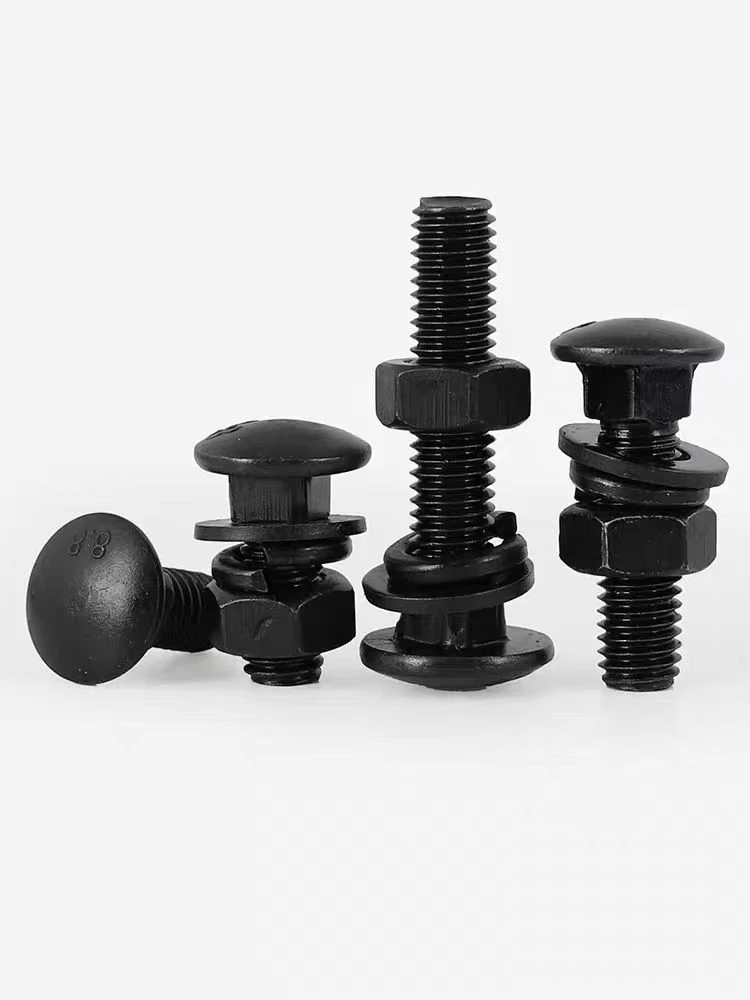

Understanding Zinc Washers and Their Resistance to Rust Formation
Nov . 01, 2024 15:28 Back to list
Understanding Zinc Washers and Their Resistance to Rust Formation
The Problem of Rust on Zinc Washers
Zinc washers are commonly used in various applications, from construction to automotive industries, due to their corrosion resistance and durability. However, despite their protective qualities, zinc washers can still be susceptible to rust under certain conditions.
The Problem of Rust on Zinc Washers
One of the primary advantages of zinc washers is their ability to provide a protective barrier over the underlying metal, often steel. The zinc layer undergoes a process called galvanic corrosion, where the zinc sacrifices itself to protect the iron from rusting. However, if the zinc layer is compromised, either through mechanical damage or prolonged exposure to harsh environments, the underlying metal can become vulnerable and start to rust.
zinc washer rust

Preventing rust on zinc washers involves several measures. First and foremost, it is crucial to store these washers in a dry environment. Utilizing proper sealing techniques during installation can also help minimize moisture exposure. Additionally, choosing washers with a thicker zinc coating can offer enhanced protection.
In industrial settings, regular inspections and maintenance are vital. It is important to replace any damaged or worn washers promptly to prevent corrosion from progressing further. Employing coatings or sealants can add another layer of protection, especially in environments where moisture levels are high.
Another key factor in rust prevention is understanding the application environment. For example, zinc washers used in coastal areas with high salt content or in chemical plants should be carefully selected to ensure they can withstand these challenging conditions.
In conclusion, while zinc washers are designed to resist rust, they can still be vulnerable under specific conditions. Awareness of the factors that contribute to rust formation, combined with proactive maintenance and selection strategies, can significantly reduce the risk of corrosion. By taking these preventative steps, industries can ensure the longevity and effectiveness of their zinc washers, maintaining the integrity of their applications and reducing the potential for costly repairs.
Latest news
-
Hot Dip Galvanized Bolts-About LongZe|High Strength, Corrosion Resistance
NewsJul.30,2025
-
High-Strength Hot Dip Galvanized Bolts - Hebei Longze | Corrosion Resistance, Customization
NewsJul.30,2025
-
Hot Dip Galvanized Bolts-Hebei Longze|Corrosion Resistance&High Strength
NewsJul.30,2025
-
High-Strength Hot-Dip Galvanized Bolts-Hebei Longze|Corrosion Resistance&High Strength
NewsJul.30,2025
-
Hot Dip Galvanized Bolts-Hebei Longze|Corrosion Resistance&High Strength
NewsJul.30,2025
-
Hot Dip Galvanized Bolts - Hebei Longze | Corrosion Resistance, High Strength
NewsJul.30,2025

